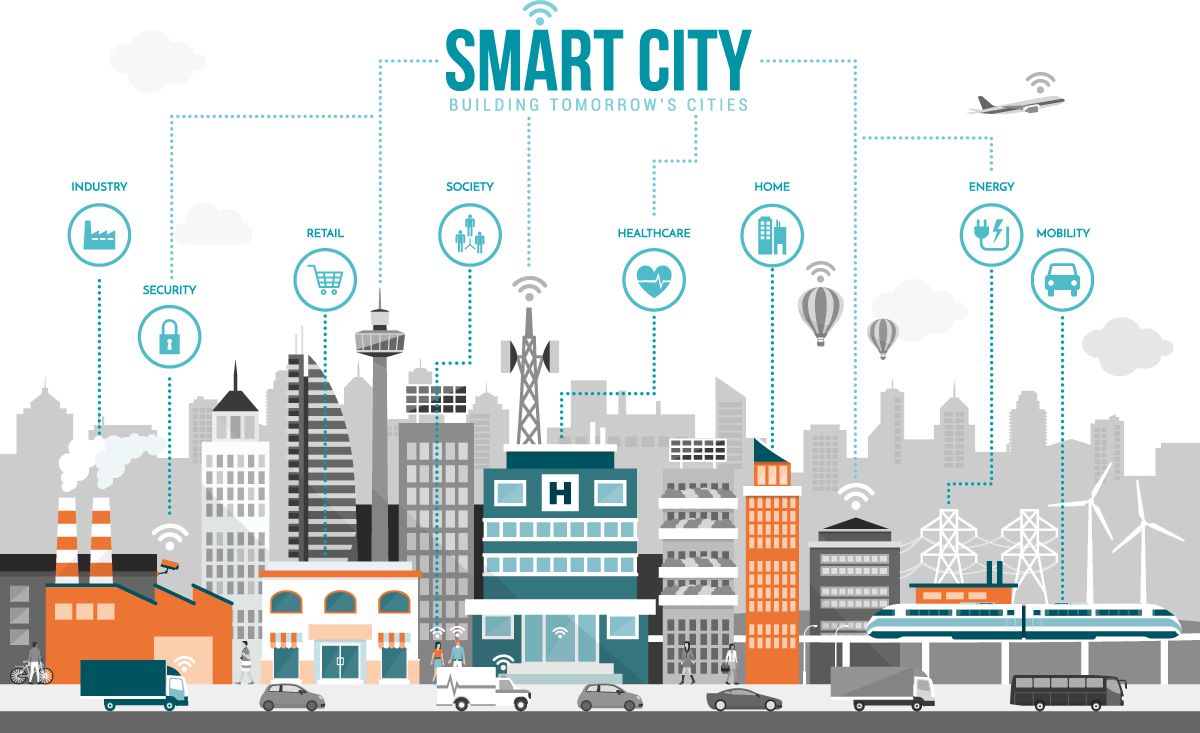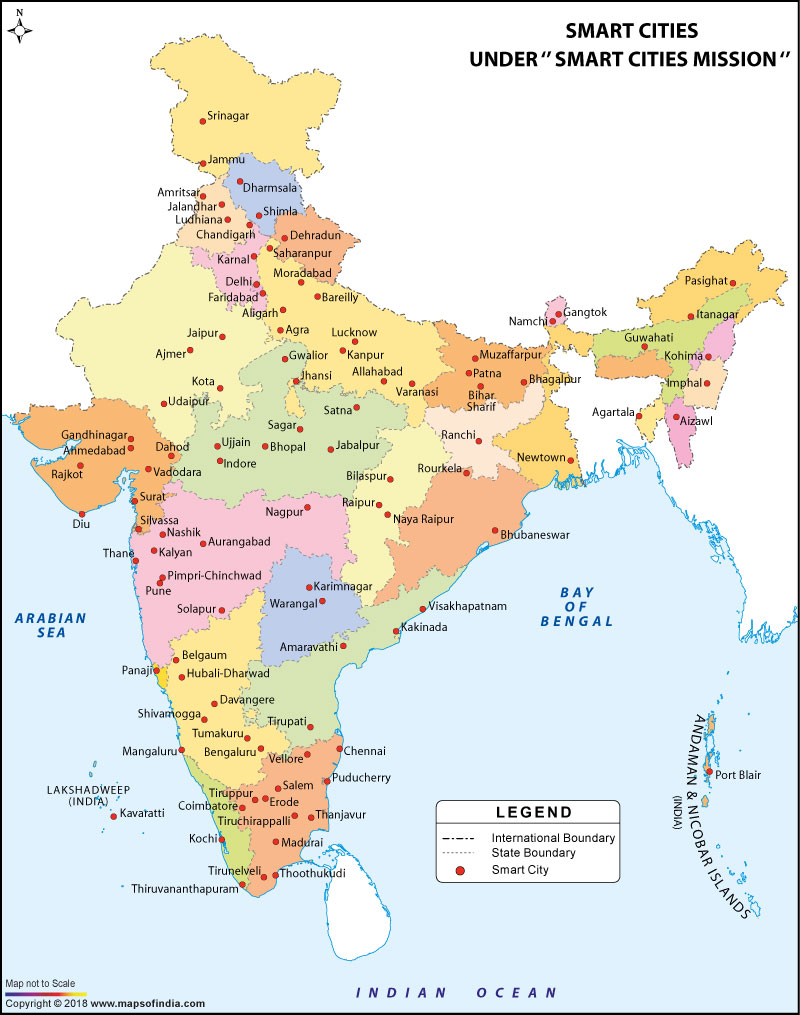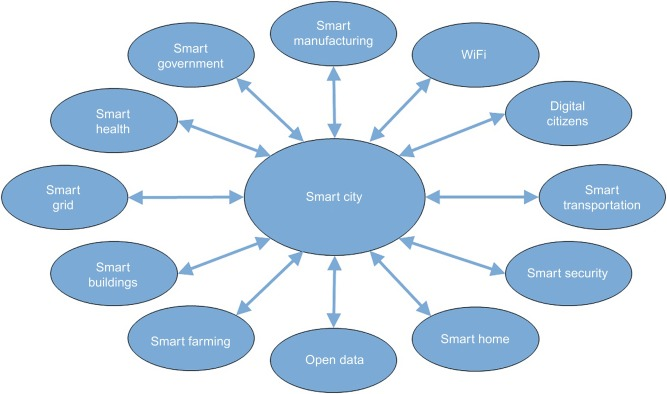Free Courses Sale ends Soon, Get It Now


Free Courses Sale ends Soon, Get It Now



Copyright infringement not intended
Context - The Union Minister of Housing & Urban Affairs and Petroleum & Natural Gas participated in the Smart City Resolution event in Sikkim.
Details
About Smart Cities Mission

Copyright infringement not intended
Objectives of the Smart Cities Mission

Significance of Smart Cities Mission
Present Status
https://www.pib.gov.in/PressReleasePage.aspx?PRID=1821661
© 2024 iasgyan. All right reserved